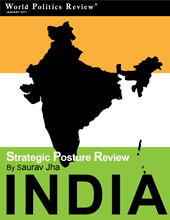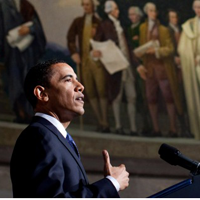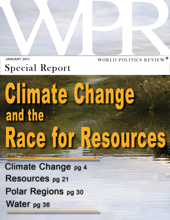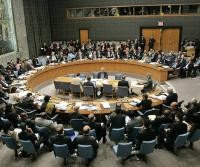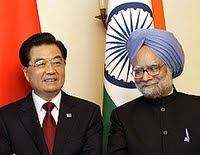
JODHPUR, India — In China, one often hears that it is impossible to govern a population of more than a billion using democracy. The country’s phenomenal rise over the past 30 years certainly testifies to the success of its “Leninist corporatism.” However, while concerns mount over the sustainability and fairness of this model, India’s greater tolerance and openness may become a source of considerable comparative advantage in the quest for regional leadership in the “Asian Century.” The fundamental differences in the two emerging behemoths’ social and political attitudes are reflected in their respective approaches to the past. In China, the […]

